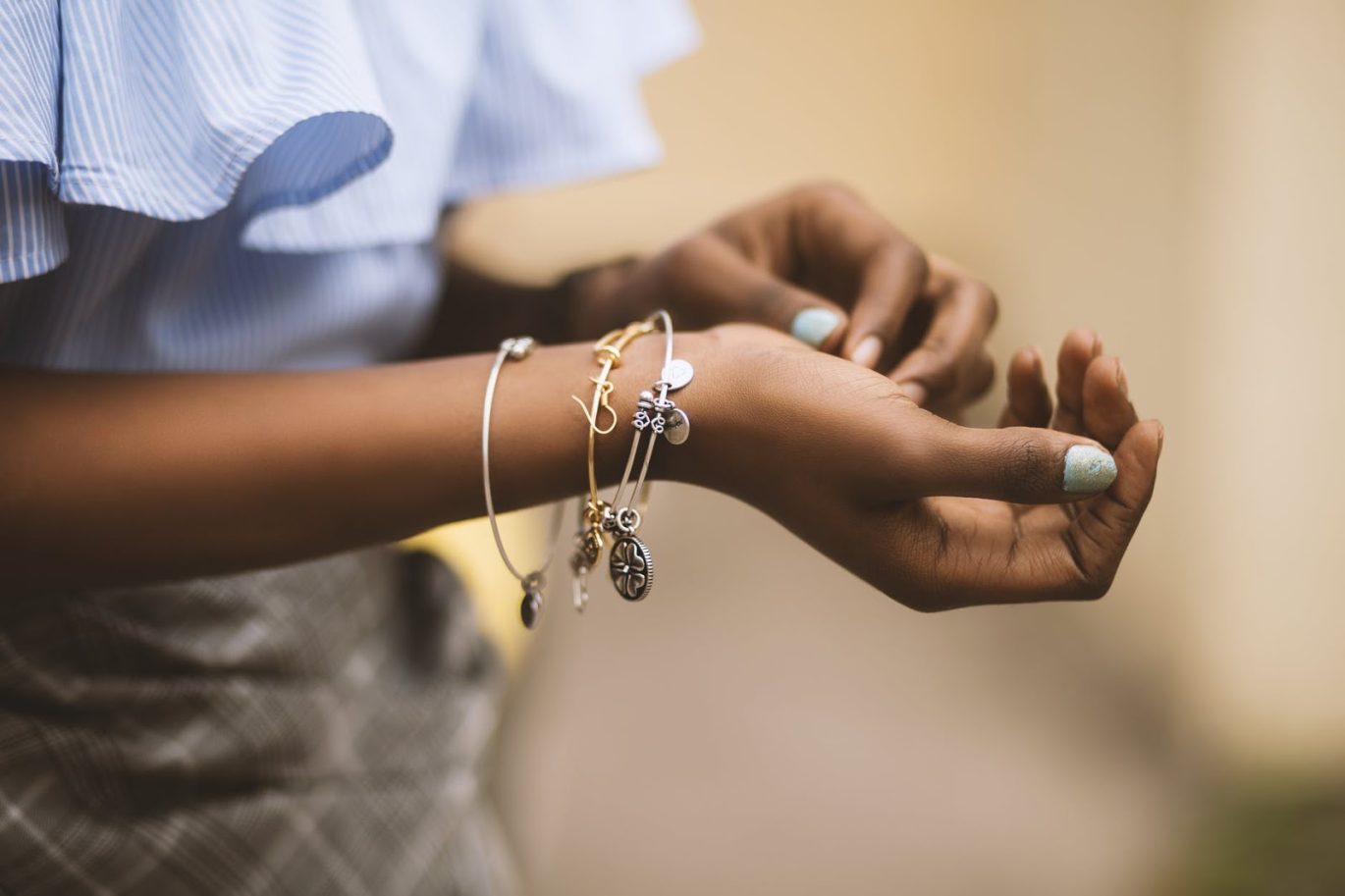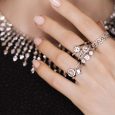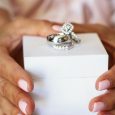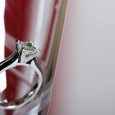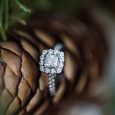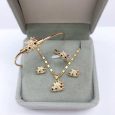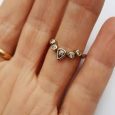Diamond jewelry can be stunning and irritating at the same time. The day was a special day for you and your partner. He finally proposed and gave you a stunning engagement ring. The following morning, your finger starts to redden. Later, it starts to itch. You decide that it’s time to post it on Instagram when you find out that our fingers have swollen. It’s natural to panic a little but you should not. This is merely an attack of contact dermatitis.
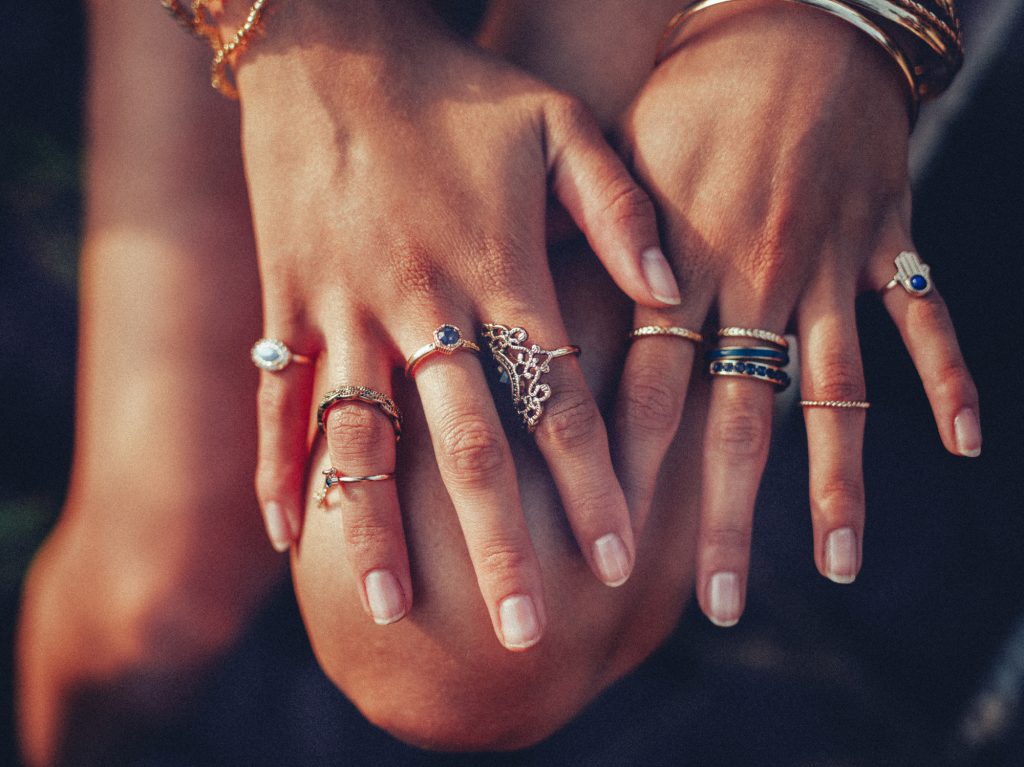
Contact Dermatitis and Diamond Jewelry
If you develop a red and itchy cluster of rashes when you are in contact with a specific substance. The red rash is not detrimental to your health. It is not even contagious. Yet, it can be very irritating and even annoying. If you have it and you scratch it, the rashes will open up and allow bacteria to enter. It is usually extremely uncomfortable to have rashes.
Various substances can trigger the reactions. Soaps, cosmetics, colognes, plants, and diamond jewelry.
To treat contact dermatitis, the doctor must pinpoint the cause of the allergy. If you avoid the substance that is causing dermatitis, the rashes may clear up in about two to four weeks. Applying wet cool compresses and anti-itch ointments can help relieve the itchiness.
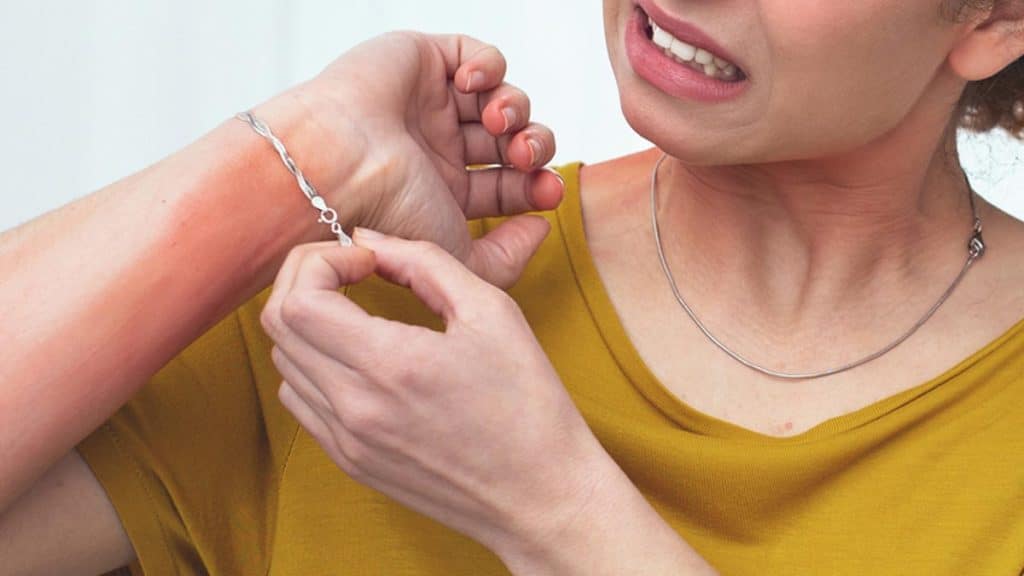
If you react to your diamond jewelry with a chronic bout of allergic dermatitis, there is no reason to be embarrassed. You don’t even need to worry that much. It is your skin’s natural reaction to an allergen. Certain items such as diamond jewelry can cause localized rashes if the piece sits on your skin for long hours. Since women need to wear their engagement rings all the time, they are susceptible to contact dermatitis.
The Culprit
Contact dermatitis has many possible causes. Among all of them, nickel has always been the primary trigger. It is not the diamond in the diamond jewelry that makes you itch. It is the meta part. Most rings have nickel. This metal element is always used to harden silver and gold. A lot of people are allergic to nickel. The main cause of this allergy is still unknown. Experts believe that it may be inherited.
When you wear a piece of diamond jewelry all day, the skin in contact with the jewelry remains damp. This makes mild allergies worse. When the skin under the piece perspires, the nickel in the metal forms salts. This triggers painful allergic reactions. Sometimes, it may not be the nickel. It may be the reaction of the metal part to the chemicals that get in between your skin and your jewelry.
The Solution to Diamond Jewelry Allergy
Below are some practical solutions to your contact dermatitis when wearing your piece:
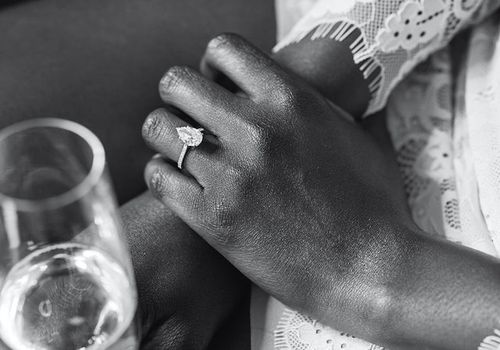
Put a barrier
If you are on a budget, you can just purchase a nickel guard or clear nail polish and use it to coat the metal part of your diamond jewelry. This is a temporary means to block the chemicals or nickel. If you want a longer-lasting coating, you can bring your piece to your jeweler and ask for a coating of rhodium. This is an effective semi-permanent block.
Find out the main cause
You can test your skin for nickel allergy by looking for an item that has high nickel content. Tape it to your inner arm and observe how your skin reacts. If rashes form after 48 hours, then you are allergic to nickel. If you are, you don’t need to stop wearing your engagement ring or other diamond jewelry. You just need to know when and how you wear it. Breathing breaks are good. You can do this at night, when you wash your hands, and when you shower. Take your diamond jewelry off and let your skin breathe.
Have it re-banded
If you have a severe nickel allergy, you should go to your jeweller and have the band of your ring replaced. The same goes for your other diamond jewelry. Choose nickel-free white gold or metal that is high in palladium.
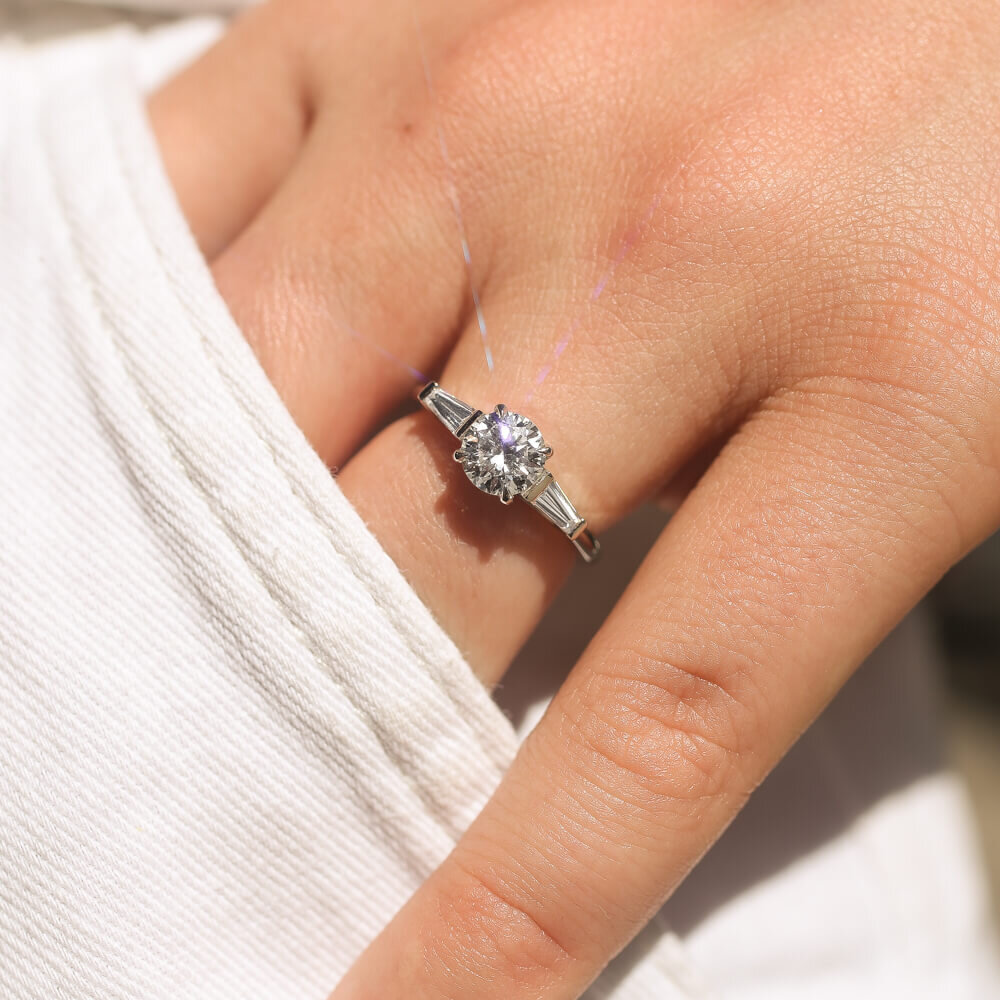
Choose the right diamond jewelry
Contact dermatitis usually develops about 24 to 48 hours after contact or exposure. Once the reaction starts, your skin reddens, itches, dries up, and cracks. It also starts to develop blisters. The rashes can start in the area of contact and then spread to other areas.
Nickel, cobalt, and copper are the main metal allergens. Lotions, soaps, perfumes, and sanitizers can cause them to oxidize. There are less expensive silver and gold diamond jewelry that have nickel so that they can harden. These pieces can trigger your nickel allergy. Stay away from plated jewelry as well. Some hypoallergenic options are the following:
Surgical stainless steel
Jewelers recommend this type of metal for people who want nickel-free diamond jewelry. Regular stainless steel may still have nickel.
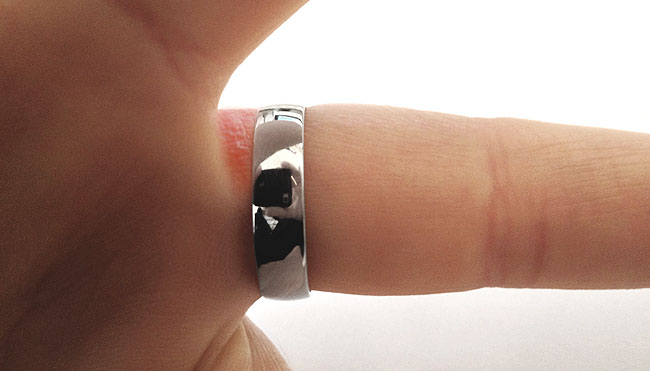
At least 14-karat gold
Choose gold that is at least 14 karats. Metals that have lower karats usually have nickel in them. Also, keep away from colored gold like rose gold because copper is blended into it to make it look rosy. White gold can also trigger allergies because nickel makes the gold turn silver.
Platinum
This is a hypoallergenic metal because it is less than 10% of other metals.
Palladium
This is a good alternative to white gold. It stands in for nickel and rhodium in white gold. It is less expensive, but it looks like platinum.
Tungsten
Gold diamond jewelry can have tungsten to become hypoallergenic.
Argentium sterling silver
Ordinary sterling silver usually has copper. Argentium sterling silver uses Argentium as a healthy substitute for copper.
Ceramic
This is hypoallergenic and durable. It is usually incorporated in watches or rings.
Titanium
If you want a highly hypoallergenic and durable type of metal for your diamond jewelry, titanium is your choice.
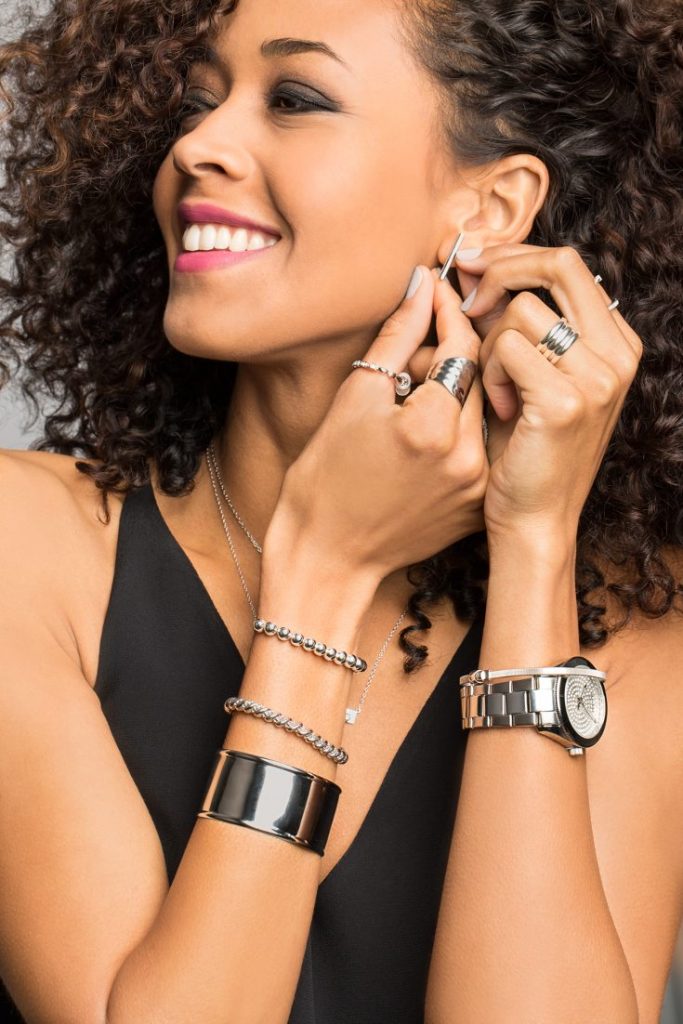
Make sure you inform your close friends that you have a nickel, copper, or cobalt allergy. That way, you won’t have to receive an engagement ring or any diamond jewelry that will cause you misery.
